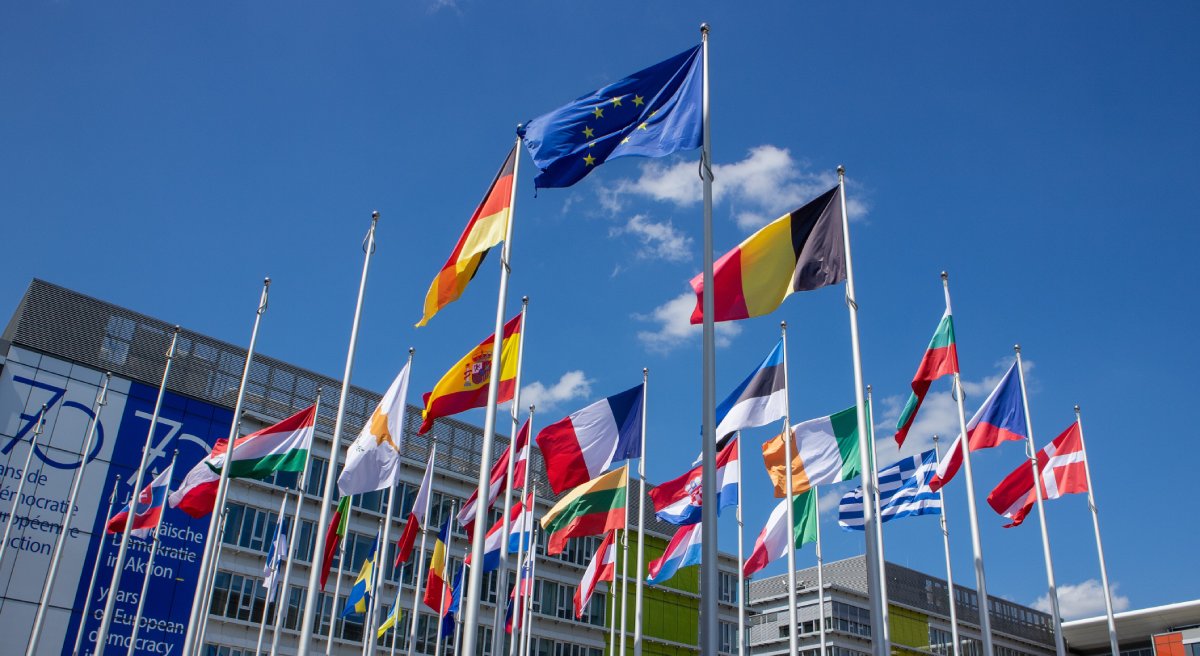CentralPay, an Établissement de Monnaie Électronique approved by the Banque de France, delivers unified payment services through a multi-channel offering extended to electronic money management.
CentralPay, the French Fintech becomes EME and makes payment the common thread in customer relations
CentralPay, the French expert in online payment solutions, becomes an Electronic Money Institution and delivers a unified omnichannel payment service for European software publishers, marketplaces and e-tailers.
From payment services to electronic money
CentralPay has been an indispensable support for major e-merchants since 2002, providing PCI DSS payment and tokenization services, and has now become an Electronic Money Institution.
This accreditation, and the high standards that go with it, are part of the natural evolution of CentralPay’s services. A specialist in electronic payment systems for almost 20 years, CentralPay is now consolidating and extending its offering to include payment services, offering a single solution for all online/in-store payment and electronic money management needs, now essential for building customer loyalty and extending the payment experience.
The payment solution for the tourism and leisure industry
The meeting between Philippe DERRIER, founder of Alliance Réseaux, leader in the institutional tourism marketplace, and Guillaume PONSARD, founder of CentralPay, was decisive in this evolution.
In 2017, both noted the complexity of the booking process in the tourism and leisure industry, penalized by numerous breaks in the value chain. The constellation of providers, isolated from each other, makes it impossible to offer end consumers a satisfactory shopping experience.
By considering payment as the common thread running through the reservation chain, CentralPay has succeeded in both perfecting the online or physical point-of-sale purchasing experience and extending customer tracking and knowledge.
A comprehensive offering to simplify a complex process
Leisure industries, the cultural sector, tourist offices, travel agents, B&Bs and campsites are all faced with a process characterized by long waiting periods between booking, successive payments and consumption of the service.
To meet these challenges, CentralPay offers essential innovations. While benefiting from all available payment methods is now a given, managing consumer interactions is much less so. The aim of CentralPay’s innovation is to manage and automate all exchanges with consumers in the various phases of payment: deposit request, payment on a schedule, any reminders, group payments, combined multi-media payments, mobile payments, local payments… in the continuity and unity of the value chain.
CentralPay can be easily integrated into central reservation software and marketplaces. Thanks to its white-label account creation portal with electronic signature of the membership contract, the platform accompanies and simplifies the entry of merchants. They receive funds on their own payment account, and benefit from detailed accounting exports to facilitate bank reconciliations.
End customers benefit from an e-money account, enabling them to make additional purchases without having to re-enter their means of payment. It is also the storage medium for loyalty points or cashback offered by merchants.
CentralPay, the new European payment partner
Present in France and soon to be available throughout Europe, CentralPay’s payment services and solutions are aimed at the tourism and leisure industries, as well as retail and e-tailers in general, who are faced with complex problems.
French Electronic Money Establishment CentralPay processed 350 million euros of flows in 2019. With its ambition to reach one billion euros in flows by 2024, CentralPay is now a key player in French FinTech and a partner of choice to support its developments around payment without technological barriers or compliance concerns.
Article originally published on January 28, 2020 and available in full on presseagence.fr.


